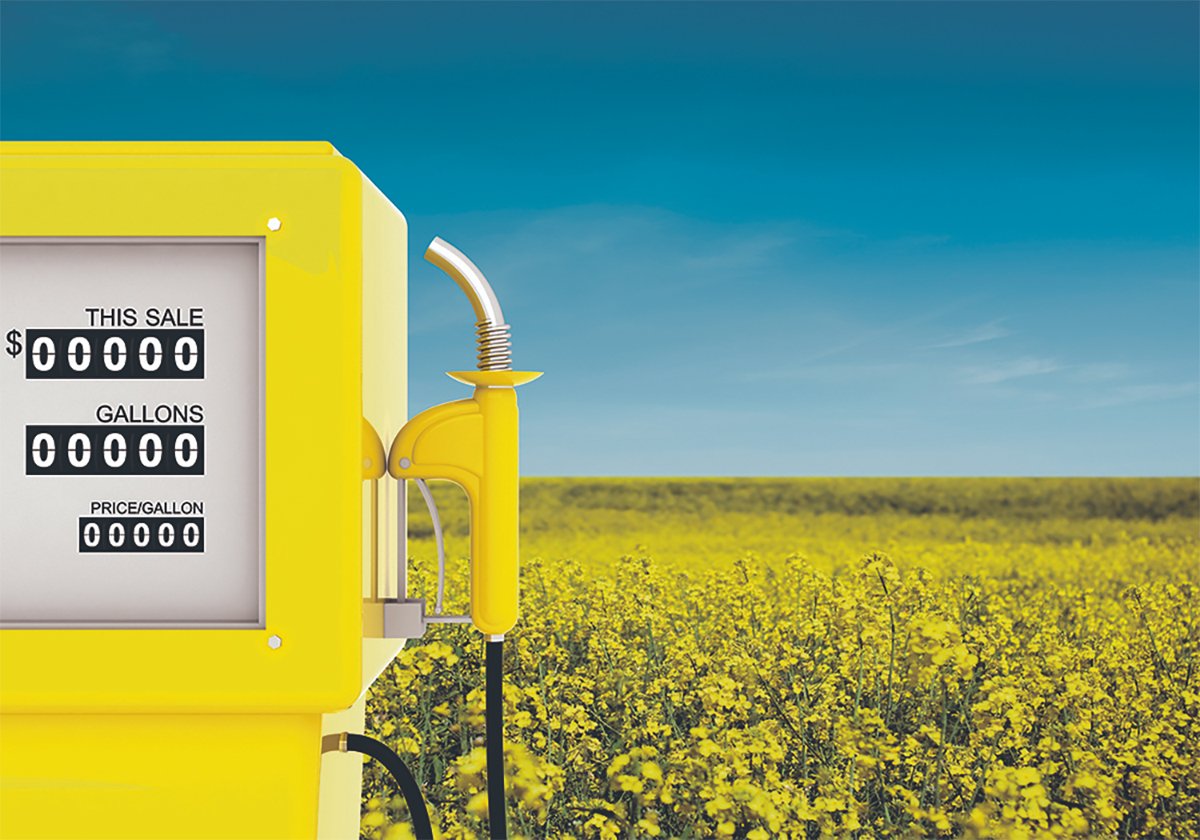Yorkton, Sask., is a great place to grow canola.
But it’s often not a great place to sell canola because crushing plants are far away and basis levels tend to be high.
That might change when two large canola crushers are built in the eastern Saskatchewan city.
“It’ll have quite an impact,” said Calgary farm marketing adviser Errol Anderson.
“Yorkton, which has typically had the widest basis levels in the Prairies, will suddenly be really competitive.”
The news that James Richardson International and Louis Dreyfus Canada will each build canola crushing plants in Yorkton changes the dynamics of the prairie canola market.
Read Also

Biofuel sector happy with federal budget
Advanced Biofuels Canada says new Biofuel Production Incentive is a lifeline until CFR amendments are in place.
Crop prices will still be based off of futures markets, analysts say, which will be only marginally affected by these new plants, but crusher buying will be much more competitive in the heart of the Prairies, making basis price deals more likely.
“There’s going to be a basis ring that goes to Saskatoon and should tighten up the basis levels right across Saskatchewan, and to Dauphin in Manitoba,” said Anderson.
“It’s tremendous for the grower.”
Domestic crushing has long played a secondary role to export sales of canola seed, with only a handful of crushing plants scattered across the Canadian Prairies.
But with two large plants sited right in the middle of the production zone, the existing crush plants will now enter a much more intense competitive environment.
Cando, Sask., producer Darrin Egert, president of the Saskatchewan Canola Growers Association, said farmers are keen to see crushers fighting to get their crops.
“With that amount of extra crushing capacity, to keep them full in tight situations they will have to tighten their basis positions,” said Egert.
Farmers along the Yellowhead highway in Saskatchewan will be able to sell to the Yorkton plants, the Cargill plant in Clavet, or haul north to the Bunge plant in Nipawin, while western Saskatchewan producers will also be able to ship to the Archer Daniels Midland plant in Lloydminster.
“It really puts the grower in the driver’s seat,” said Anderson. “It really gives bargaining power to the grower.”
Egert doubts the new plants will substantially improve canola futures prices. But Anderson said a big boost like this to the domestic crushing industry could be a long-term support for prices.
“Any time there’s new demand, it’s good,” said Anderson.
“It’s sure not bad news for canola.”
Not only will it intensify competition between crushers, and make exporters fight to keep their share, but it will also cause Louis Dreyfus and JRI to become commercial promoters of the oil.
“It forces JRI and Louis Dreyfus to become the ambassadors for Canadian canola,” said Anderson.
“They’ll be working like crazy to develop these markets.”















